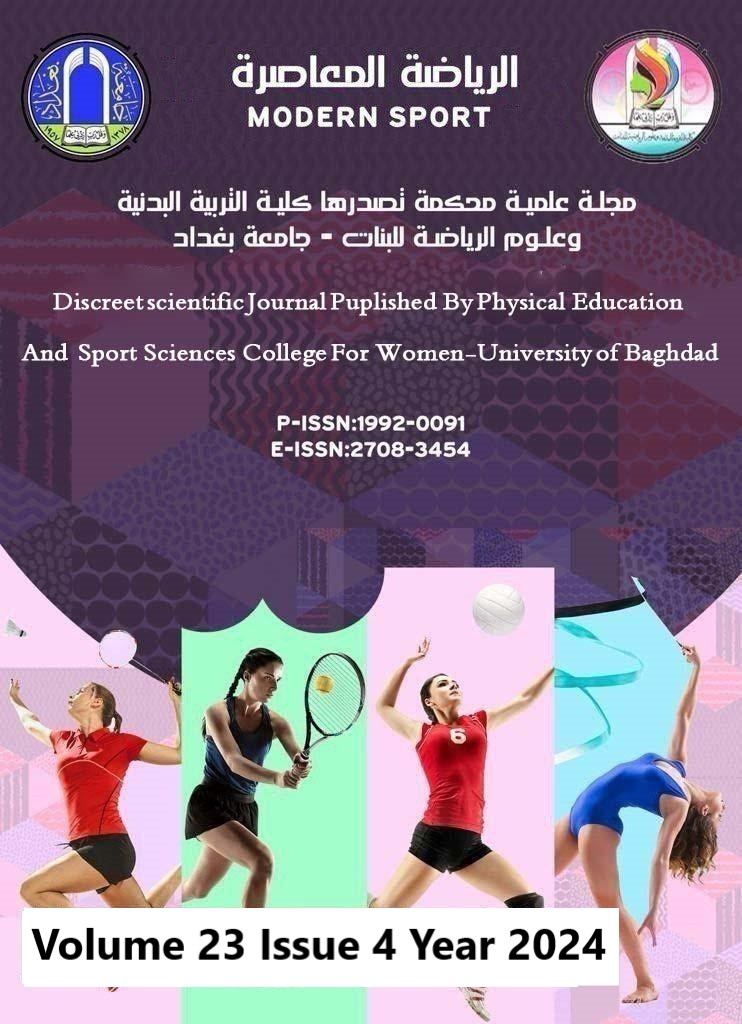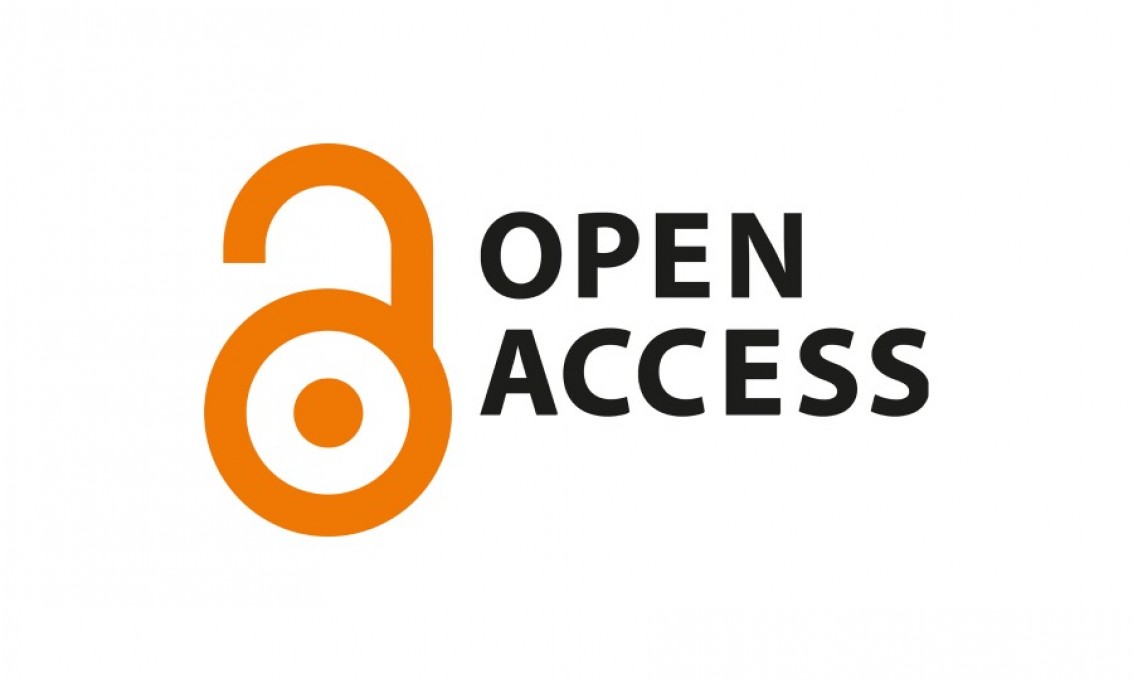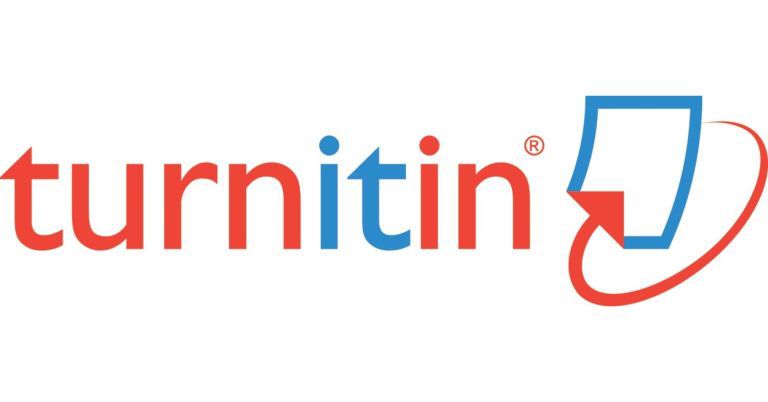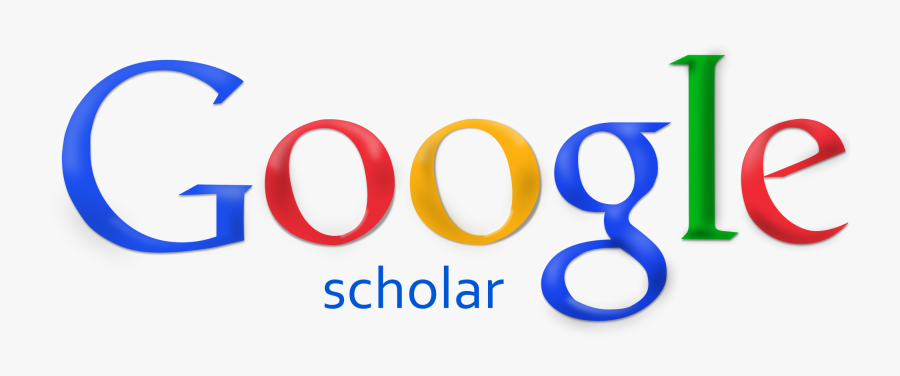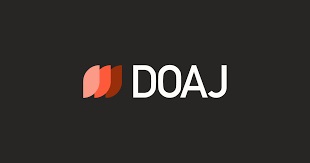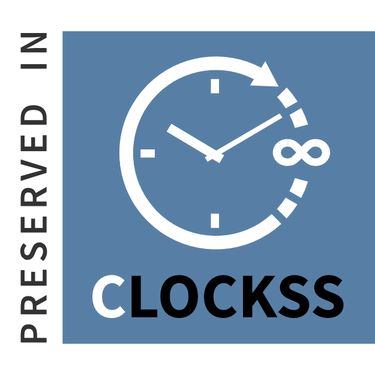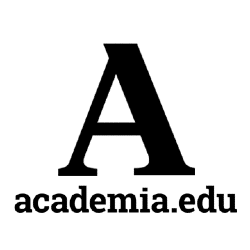The Impact of a Psychological Counselling Program on Unconscious Conflicts and Free Will among Coaches of Selected Athletic Disciplines
DOI:
https://doi.org/10.54702/b0x5cs81Keywords:
Psychological counselling program, unconscious conflicts, free will, athletic coachesAbstract
The study aimed to develop specialized scales for assessing unconscious conflicts and free will among coaches of selected athletic disciplines and to identify their levels in each coach. Additionally, it sought to design a psychological counselling program to enhance unconscious conflict and free will levels for coaches experiencing lower levels in these areas. The study further examined the impact of the counselling program on unconscious conflicts and free will among these coaches. The researcher hypothesized that there would be statistically significant differences between pre-test and post-test results in measuring unconscious conflicts and free will within the study sample. The study employed an experimental method with a single-group design, selecting a sample of 11 coaches from athletic clubs for the 2023/2024 sports season. This sample was chosen deliberately using a procedural approach, representing 7.7692% of the research population. Additionally, a pilot sample of 6 coaches, accounting for 4.196% of the population, was randomly selected. The remaining 126 coaches, representing 88.112% of the population, were included as the statistical analysis sample for developing the scales. After completing the development of the two scales through methodological procedures and statistical analyses, a total of 12 sessions were organized, implemented at a rate of two sessions per week. This allowed the psychological counselling program to run for six weeks, from 7/1/2024 to 15/2/2024. Upon completion, the results were analyzed using the SPSS software. The findings confirmed that the scales for unconscious conflicts and free will among athletic coaches were both suitable for their intended purpose, based on sound psychometric principles and measurement standards in sports psychology, and were well-suited to the specific needs of the coaches. Additionally, the psychological counselling program was shown to effectively enhance the desired levels of unconscious conflicts and rational free will, aligning with the professional requirements of athletic coaches. It is essential to address and manage the atypical psychological conditions of athletic coaches through targeted counselling, as these psychological challenges can have negative impacts on the athletes they coach. Furthermore, the development of psychological counselling programs aimed at enhancing the desired levels of unconscious conflicts and rational free will among coaches should be grounded in psychometric measurements of these two aspects. Incorporating sports psychology concepts into counselling sessions can yield positive outcomes for the coaches' psychological and emotional well-being. and this achieves one of the sustainable development goals of the United Nations in Iraq which is (Quality Education).
References
Pink, (2015). Free Will. Translated by (Hassan, Yasser and Warrad, Diyaa). Cairo: Hindawi Foundation for Education and Culture. pp. 22, 24.
Jaber, Ali Saqr (2022). Ego Resilience and Its Relationship with Conscience Vitality. Journal of Human Sciences, College of Education for Human Sciences, Vol. 3, Issue 12, pp. 475-488.
https://ddl.mbrf.ae/book/5218181
Hejazy, Karima (2020). The Image of the Self and the Other in the Textuality of Modernist Commitment. Journal of Language Sciences, Vol. 12, Issue 1, pp. 1024-1038.
https://www.asjp.cerist.dz/en/article/111530
Al-Khaldi, Abdul Rahman (2014). Self-Awareness and Its Relationship with Psychological Adjustment among High School Students in Saudi Arabia. Master's Thesis, King Abdulaziz University, p. 34.
Al-Khatib, Saleh Ahmed (2014). Psychological Counseling in Schools: Foundations, Theories, and Applications. Al Ain, UAE: University Book House, p. 393.
Al-Khafaji, Iman Mahmoud Najm Abdullah (2009). The Effect of a Counseling Program to Develop Empathy Among Primary School Students. Master's Thesis, Al-Mustansiriya University - College of Education, p. 9.
Khoj, Hanan Bint Asaad (2011). Meaning of Life and Its Relationship with Life Satisfaction Among University Students in Saudi Arabia. Umm Al-Qura University Journal, 3(2), 12-44.
David, J. Lieberman (2008). How to Influence Others. Translated by Saeed Al-Hassaniya, Beirut, Lebanon: Arab Scientific Publishers, p. 41.
Rabee, Mohamed Shehata (2009). Personality Measurement, 2nd ed., Amman: Dar Al-Maseera, p. 25.
Rahmani, Mariam (2018). Ego States and Their Role in Improving Personal Communication. College of Media and Communication Sciences, Algeria. Journal of Media and Specialized Social Sciences, Vol. 3, Issue 2, April 15, p. 90.
https://search.emarefa.net/detail/BIM-886395
Salman, Ibrahim (2016). Psychological Counseling: Foundations and Applications. Irbid: Modern Books World, p. 10.
Al-Shujairi, Yasser Khalaf, & Al-Zuhairi, Haider Abdul Karim (2022). Modern Trends in Measurement and Evaluation. Amman: Arab Community Library for Publishing and Distribution.
Al-Saleh, Saleh (2008). The Concept of Freedom Among University Students and Its Relationship to Parenting Styles. Master's Thesis, Al-Mustansiriya University, College of Education, p. 157.
Al-Amiri, Ali (2020). Theories of Psychological Counseling. Amman: Dar Al-Awael for Publishing, p. 80.
Al-Abadi, Ali Salman Hussein (2013). Ego Identity and Psychological Rebellion Among Adolescents. Alexandria: Modern University Office, pp. 145, 156.
Al-Attoum, Adnan Dhiab, et al. (2007). Developing Thinking Skills: Theoretical Models and Practical Applications. Amman: Dar Al-Maseera for Publishing, Distribution, and Printing, p. 18.
Kafafi, Alaa Al-Din (2011). Mental Health and Psychological Counseling. Amman: Dar Al-Fikr, p. 258.
Ali, Mustafa (2012). Theories of Counseling and Psychotherapy. Riyadh: Dar Al-Zahraa, p. 58.
Mahmoud, Alaa Al-Din (2016). Ego Identity States Among University Students. Master's Thesis, University of Jordan, College of Education.
Maghrabi, Omar bin Abdullah Mustafa (2008). Emotional Intelligence and Its Relationship with Professional Competence Among a Sample of Secondary School Teachers in Mecca. Master's Thesis, College of Education, Umm Al-Qura University, p. 4.
Nystul, Michael (2015). Introduction to Psychological Counseling: A Technical and Scientific Perspective. Translated by: Murad Saad and Ahmed Al-Shurayfeen. Amman: Dar Al-Fikr.
Yassin, Ramadan (2016). Sports Psychology. Amman: Dar Osama for Publishing and Distribution, p. 116.
Cats- Baril, Amanda. (2018). Self – Determination. International Idea Institute for democracy and electoral assistance. International IDE A Constitution Brief, September.
Ciucur, D. (2013). The Ego States and the "Big Five" Personality Factors, Procedia - Social and Behavioral Sciences 78, p 581 – 585.
https://www.sciencedirect.com/science/article/pii/S1877042813009245
Frankl, V. E. (2018). Man’s search for meaning (Revised & updated 3ed.). New York, NY: Washington Square Press.
Lang, Jon. (2017). Creating Architecture Theory, the Role of Behavioral Sciences in Environmental Design, New York, p: 85-86.
Pretz, J. E, Adams, N. J., and Sternberg, R. (2015). Recognizing, Defining, and Representing Problems. In Davidson, J. E. and Sternberg, R. The psychology of Problem Solving, Cambridge University Press, Cambridge, UK. P: 3–30.
Ryan R. & Deci E. (2000). Self- determination Theory and the facilitation of intrinsic motivation, social development, and well-being. American Psychologist, 55 (1) ,68-78.
https://selfdeterminationtheory.org/SDT/documents/2000_RyanDeci_SDT.pdf
Starko, A. (2012). Creativity In the Classroom, Schools of Curious Delight, Eastern Michigan State University, Longman, Publishers, U.S.A, p,31.
Vinney, C. (2019). What Is Self-Determination Theory? Definition and Examples. New York. Grove Press. P: 3.
Ismail, D. S. A.- Hafidh. (2020). The effect of psychological counseling program in improving the cognitive side of (hardness to flexibility) and learning some basic skills of basketball. Modern Sport, 19(2), 0147.
https://doi.org/10.54702/msj.2020.19.2.0147
Sahab Ismaeel, & Njlaa Abbas. (2022). Analytical study of psychological adjustment for physical education colleges and sports sciences in Baghdad when used by electronic education. Modern Sport, 21(1), 0057.
https://doi.org/10.54702/msj.2022.21.1.0057
Jumaa, Dunya Sahib (2014). The Trait of Competition Anxiety and Its Relationship to Emotional Balance Among Advanced Female Athletes in Track and Field. University of Baghdad, College of Physical Education and Sports Sciences for Women. Modern Sport, 13(1), 9.
https://jcopew.uobaghdad.edu.iq/index.php/sport/article/view/285
Downloads
Published
Issue
Section
License
Copyright (c) 2024 Modern Sport

This work is licensed under a Creative Commons Attribution 4.0 International License.
